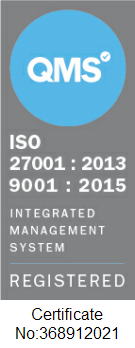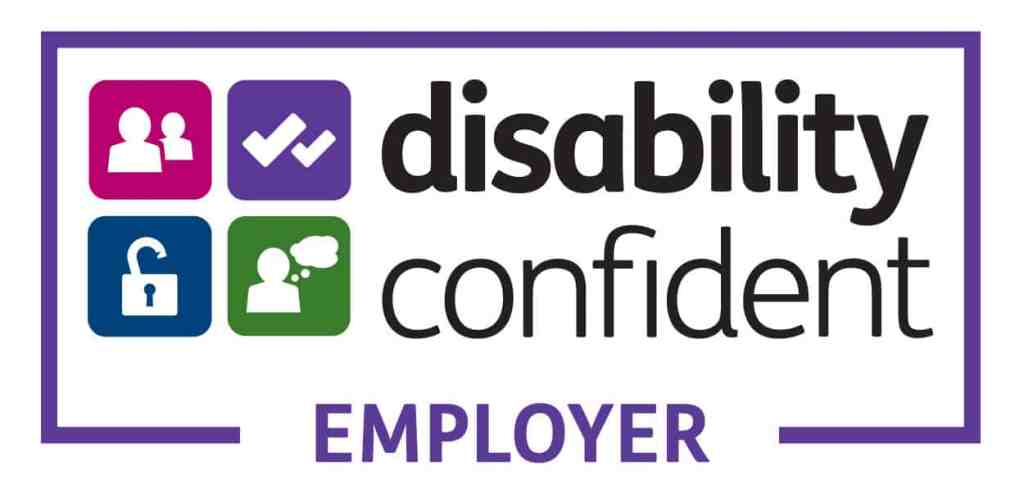By Vic Cooper, People Experience Lead.
From May 2020
It’s official. We’re in lockdown. Most of us are now working from home where we can, and whilst this is absolutely essential, and the best thing to stop the spread of Covid-19, it’s likely that the change in working conditions, as well as the stress of the current uncertainty, is going to have quite a significant impact on mental health.
When you break it down, the differences between your normal day at the office, and working from home are pretty stark. Take your commute to and from work for example – the time before and after your working day where you are either mentally gearing up or winding down, you always have that designated amount of time to prepare your brain to switch from home mode to work mode (and vice versa). With your new commute taking you literally from one room in your house to another, you lose that time to warm up and prepare for the day, and the stresses of home and work can start to mould into one.
Then there’s your environment to think about. You are normally surrounded by like minded people working towards similar goals and targets as you, people who understand what you’re doing and trying to achieve. You can swap in-jokes and make friendly jibes about how Steve never empties the dishwasher.
Working from home, with your main communication taking place on a screen, it can start to feel a little distant and lonely at times. Even if you’re more introverted and prefer to work on a more solitary basis, thanks to the lockdown you could now find yourself trying to focus with three kids and a dog following your every move. Whatever your preferred style of working, you will now find yourself in a brand new environment, and this can be harder to adapt to than you think.
These are only a couple areas of home working that have the potential to knock you off kilter and start affecting how successfully you can keep on top of your mental health in lockdown. It’s important to take stock of all the changes headed your way, and mentally prepare for them, no matter how trivial or unimportant they may seem. Here are a few things to think about, and some ideas to keep your head above water in these difficult times:
Accept and acknowledge the impact
As I’ve touched on already, working from home can actually be far more challenging than you think, and you will be surprised by how difficult the transition actually is. You will find yourself surrounded by distractions that you wouldn’t normally have at work, so it’s essential that you try and be patient, not just with your new surroundings, but with yourself. You won’t achieve perfection on your first few days working at home. You will get distracted, you will feel a lack of structure, and you probably won’t be as productive.
The main thing to remember is that this is okay. Think of it as starting a new job; you need to develop a new routine, make sure your workspace is comfortable and appropriate for your working style, and make sure you have all the tools you need (don’t go looking for the canteen though, you’ll be disappointed…). It will take time to adjust. Allow yourself that time without any undue pressure to be up and running at normal speed from day 1.
Create a routine
We all have our routine at work. Personally, I like to have a coffee when I get in, and then another around 10.30am to break up the morning, and if I’m asked to have lunch much later than 12pm, approach me with caution! When you’re working from home, you need to have that structure in place to help maintain focus and to keep work and home time separate. If you normally have a long commute, then get up as you usually would, and use that time before work to have some breakfast, listen to the radio, catch up on the news. Do as you would if you were travelling to the office, and help your brain gear up and get ready for the day ahead.
Schedule in breaks, take your full lunch hour, and wind down by getting all of your to-do’s for tomorrow out of your head ready to switch off. Setting some structure will help keep you focussed, productive, and help compartmentalise your working life from time at home.
Manage your information intake
Whilst you’re home, it’s easy to check in on social media whenever you like or chuck the TV on in the background. But the constant barrage of news is only going to elevate your anxiety and stress. It’s important to stay informed, but you probably don’t need to listen to every breaking news report, which could stir anxiety throughout the day without actually adding anything you need to know. If you feel compelled to know what’s going on, watch a half-hour of news in the morning as part of your new routine, and then catch up during designated breaks.
Recognise your needs
If you start to feel isolated or lonely, using group chats, video calls, and more frequent phone calls to get that personal connection you need is important. Silence can be deafening for some people, so it’s important that you recognise what you need, keep the communication up, and you could even get yourself out for a virtual pint with your friends! On the flip side, if you are someone who needs time alone to think or recharge, discuss that need with your family or those you live with, and work on fitting that time into your routine. You are out of your comfort zone, but by communicating what you need to either your work colleagues or your loved ones should help restore some balance.
Also, pay attention to how your energy ebbs and flows throughout the day and let this influence how you prioritise your backlog. If you’re fired up first thing in the morning, then that’s when you should be doing something more challenging. If you leave it until the end of the day, with the sofa winking at you, you could find yourself under unnecessary stress trying to push through and get the job done.
Keep up good practices
Whilst the temptation to eat an entire packet of hobnobs each morning, or sink ‘just a glass’ of wine at the end of each day to help manage stress is real (believe me!), it’s more important than ever to keep up your healthy habits. Stay hydrated, get some exercise and fresh air if you can safely. Sounds obvious, but taking care of yourself physically is also going to have a positive impact on your mind.
It’s also important to monitor your mental health, especially if you’re prone to anxiety or depression. If you start feeling overwhelmed or low, take a step back and think about what you need to make things feel easier. Personally, I like to use the deep breathing tool on my FitBit when I start feeling a bit anxious, but everyone is different and it’s essential that you take some time to work out a coping mechanism that fits you and how you feel. Whether that’s online or telephone counselling to have someone new and impartial to talk to, or it could be finding some online yoga or meditation. Whatever fits how you’re feeling, make sure you are doing something each day that helps keep you positive.
Change is tough, and there’s an awful lot of it going on right now! But keeping yourself safe in these challenging times doesn’t just mean staying indoors and washing your hands. It’s being kind to yourself, being patient, and doing whatever you need to do to get through this in a positive and healthy way.
















